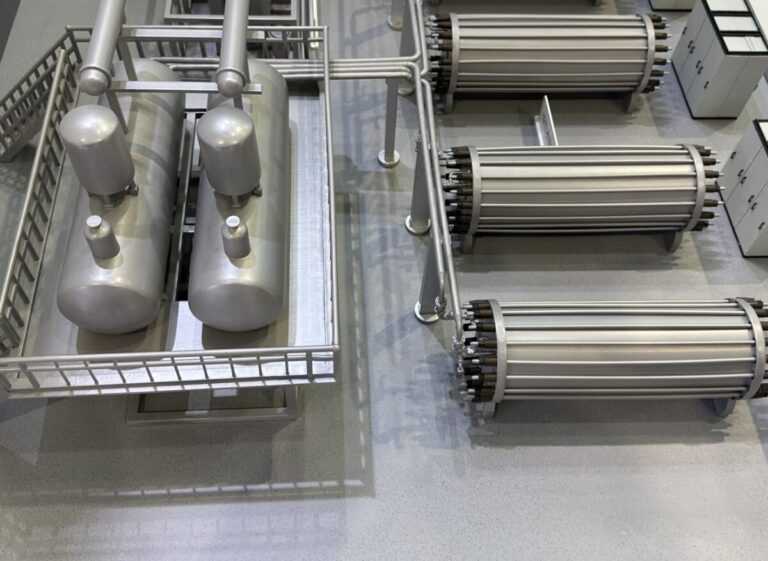The U.S. Department of Energy has unveiled plans to spend up to $1.2 billion for a hydrogen hub in Texas and the Gulf Coast and up to $1 billion for a similar project in Illinois, Indiana, Iowa and Michigan.
The US Department of Energy (DoE) announced up to $2.2 billion for two regional clean hydrogen hubs (H2Hubs): the HyVelocity Gulf Coast Hydrogen Hub in Texas and the Gulf Coast, and the Midwest Alliance for Clean Hydrogen Hub (MachH2) in Illinois, Indiana, Iowa , and Michigan. It said it will allocate up to $1.2 billion to HyVelocity and up to $1 billion to MachH2. “These awards follow three previously awarded H2Hubs, and together they will help drive private sector investment in clean hydrogen, putting the country on track to achieve critical long-term decarbonization goals.” said the DoeE. GTI operates the HyVelocity Hub, sponsored by AES, Air Liquide, Chevron, ExxonMobil, MHI Hydrogen Infrastructure and Ørsted. The MachH2 hub consists of eight projects led by nine sub-recipients, including Air Liquide and BP.
The Los Alamos National Laboratory (LANL) and the DoE have called on commercialization partners to accelerate the market development of hydrogen fuel cell technologies. The DoE said The initiative aims to leverage the Lab Innovator 2.0 Cooperative Research and Development Agreement (L’Innovator 2.0) to bring innovations from LANL, supported by the Hydrogen and Fuel Cell Technologies Office, to the commercial market.
Hydrogen Europe and H2 Chile have agreed to develop new trade opportunities between the European Union and Chile. Hydrogen Europe said The partnership aims to facilitate cross-industry and public-private exchanges, focusing on regulatory frameworks, trade, financing and best practices in research and innovation, skills development and value creation.
Air liquid said it will invest €50 million ($52 million) in a new supply chain for hydrogen packaging and delivery in France’s Normandy industrial basin. The new site will receive renewable hydrogen from Air Liquide’s 200 MW Normand’Hy electrolyzer, currently under construction. The French company said it will allocate approximately a quarter of the electrolyzer capacity to low-carbon transport along the Seine axis, while the remaining capacity will serve customers in the Normandy industrial basin, including The TotalEnergies refinery in Gonfreville, France.
Centrica and FTI Consulting said in a new one report that a future UK energy system without a hydrogen market would leave the country vulnerable to large fluctuations in renewable electricity generation, without alternatives to tackle shortages or surpluses. The report also shows that large-scale hydrogen storage could reduce energy costs for consumers by as much as GBP 1 billion ($1.3 billion) per year by 2050, requiring both salt caverns and depleted gas fields. Centrica recently collaborated on one white paper with Bosch and Ceres, calling for more support for the hydrogen market.
This content is copyrighted and may not be reused. If you would like to collaborate with us and reuse some of our content, please contact: editors@pv-magazine.com.


